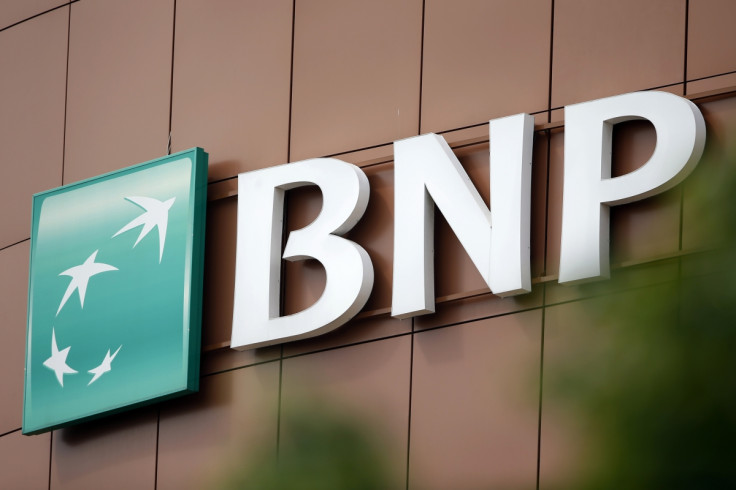BNP Paribas and EY explore blockchain for internal treasury operations
BNP Paribas ALM Treasury and EY have successfully completed a pilot using blockchain to optimise the global internal treasury operations of the bank.

BNP Paribas ALM Treasury and EY have successfully completed a pilot demonstrating the feasibility of using blockchain to optimise the global internal treasury operations of the bank.
The ALM Treasury department, which manages the bank's internal treasury, at the service of all three operating divisions of the group, carried out a blockchain pilot, tested internally this summer.
This pilot has highlighted how an internal blockchain could be used to improve operational efficiency by providing a more integrated cash management approach between businesses, allowing greater flexibility and a 24/7 capability.
The pilot program allows treasury optimisation improvements (extending the working hours up to 11 hours) and also provides a common view of liquidity positions across locations globally.
It also allowed the bank to boost the interoperability of the legacy systems combining the private blockchain with the existing IT environment via software robots and APIs. From a technical perspective, an internal "private" chain such as this is not encumbered with the same design headache around privacy, that faces all enterprise blockchains sharing transaction data between different corporate entities.
Emmanuelle Bury, BNP Paribas Chief Operating Officer for ALM Treasury, said: "We launched the initiative 10 months ago with a view to address the current constraint on cash transfer capabilities limited to a range of 7 to 10 hours a day and ways to enhance operational efficiency. It was also important for us to start exploring the blockchain possibilities, in particular given the interest Central Banks grants to those technologies."
Xavier Toudoire, BNP Paribas, Head of ALM Treasury IT strategy and architecture, added: "When used in a private manner, blockchain allows the development of different business and operational processes that previously were not possible due to the distribution of data or trust among the parties in the system. Although it is still too early to determine how the technology will evolve and whether it is suitable for large-scale deployment, our pilot has demonstrated the clear strengths of private blockchain and its potential as one of the most effective ways to improve the existing internal processes between different businesses on an international level."
Jean-Michel-Bouhours, Partner, EY Financial Services France, said: "Using an agile approach, this journey allowed the treasurers involved to break the current boundaries by reading an accurate cash position of another closed treasury location, and perform operations on behalf of these locations on several currencies."
Philippe Limantour, EY Chief Innovation Officer for Financial Services in France, added: "Designing and executing processes making use of new technologies like blockchain to simplify the payments, financing and insurance processes can ultimately result in clear business advantages. In doing so in the present case, we came to realise that the use of robotics would provide an even greater added value to clients, both internally and externally."






